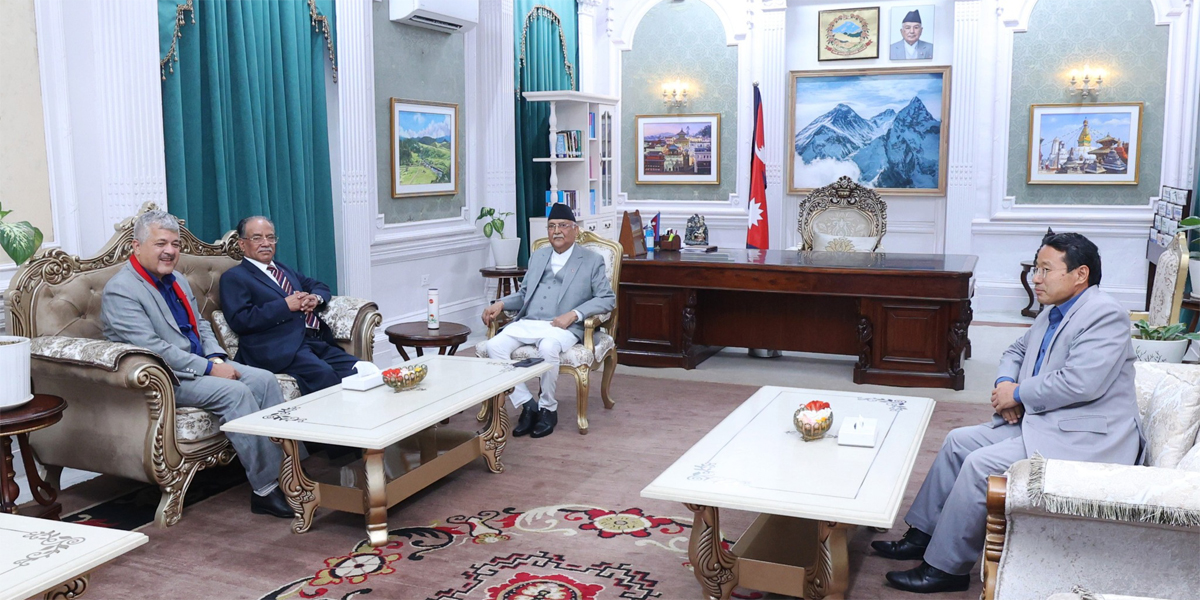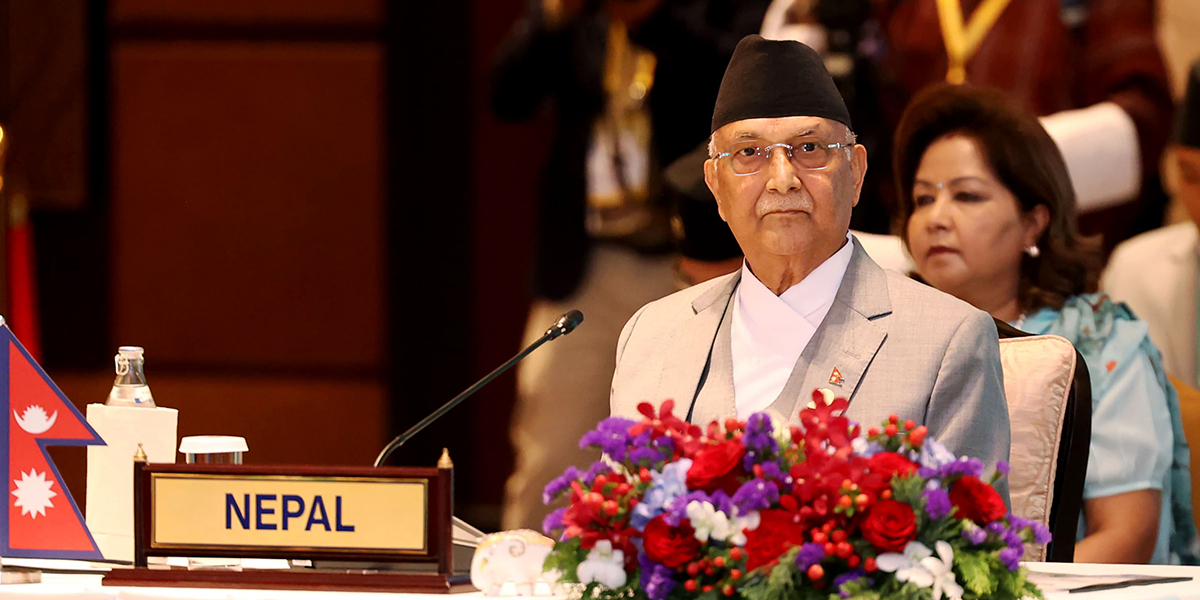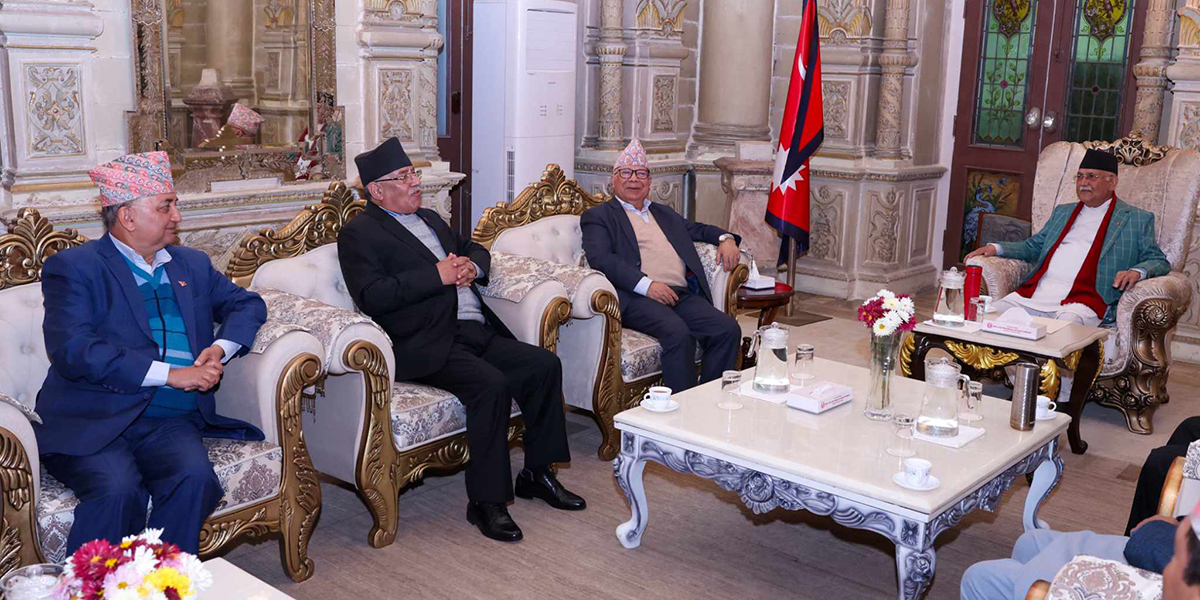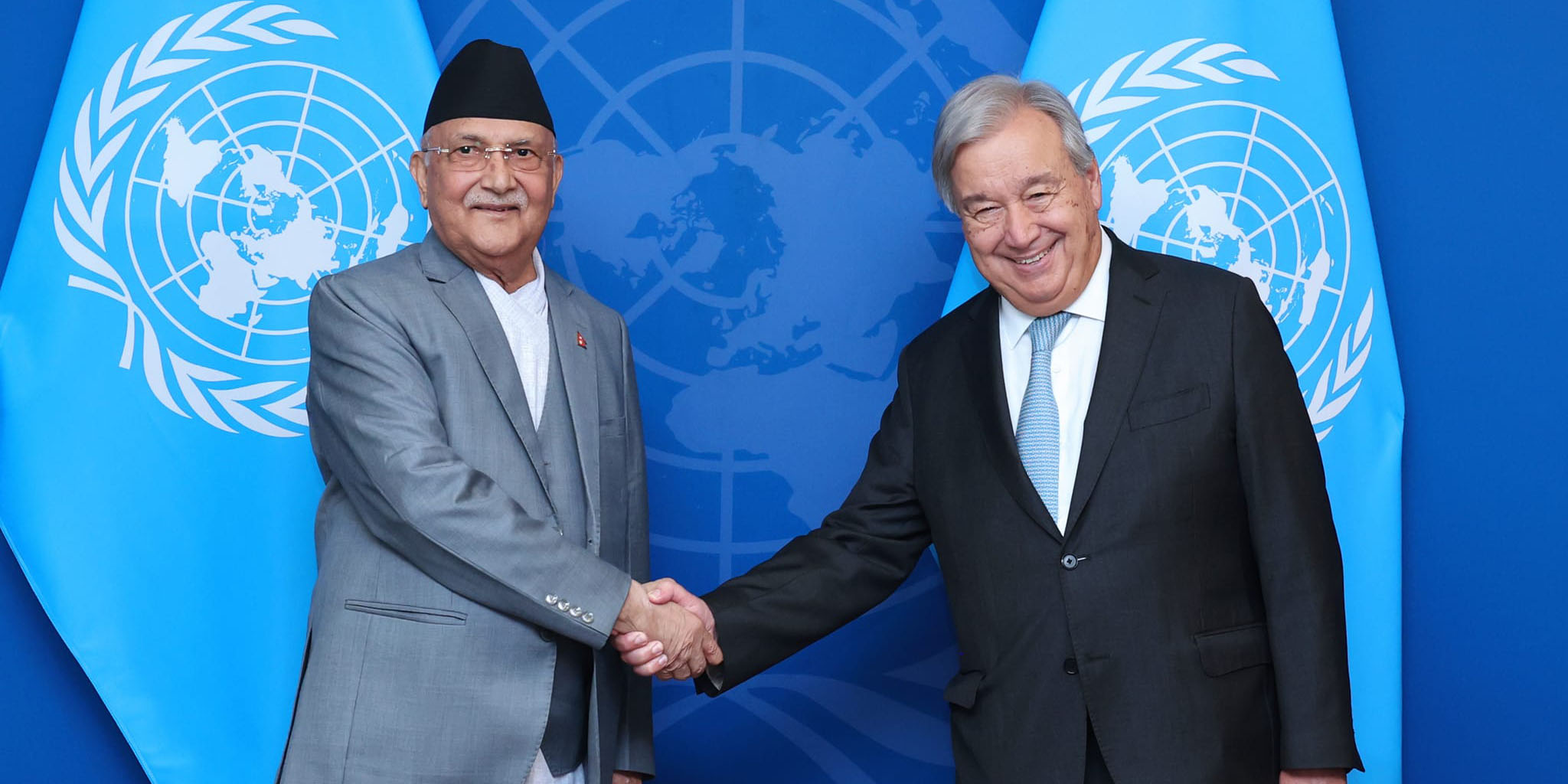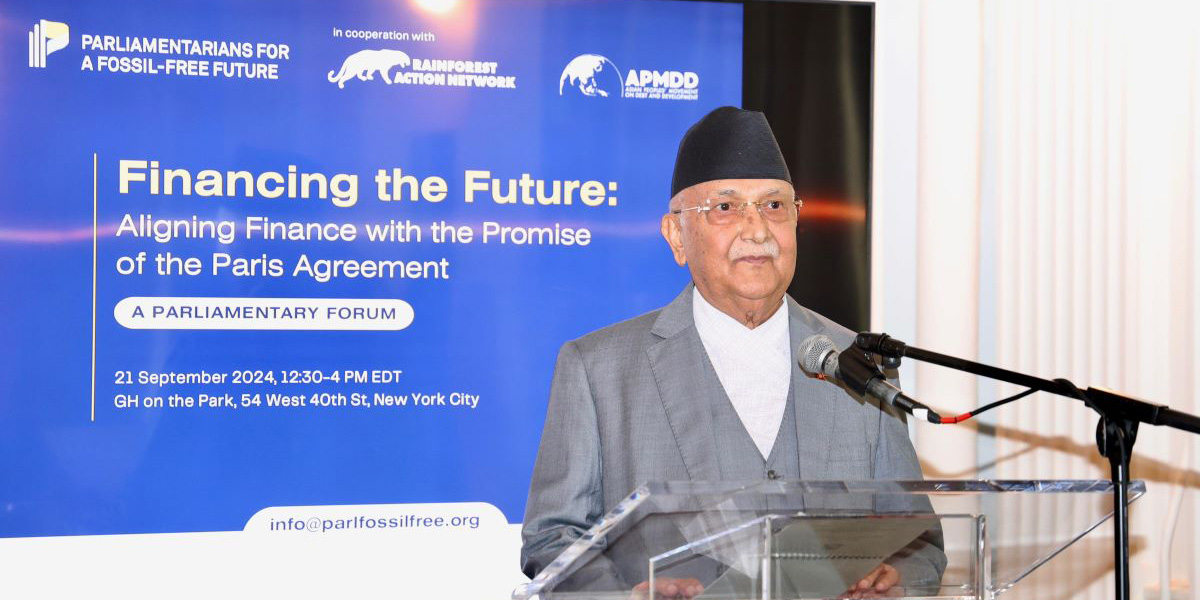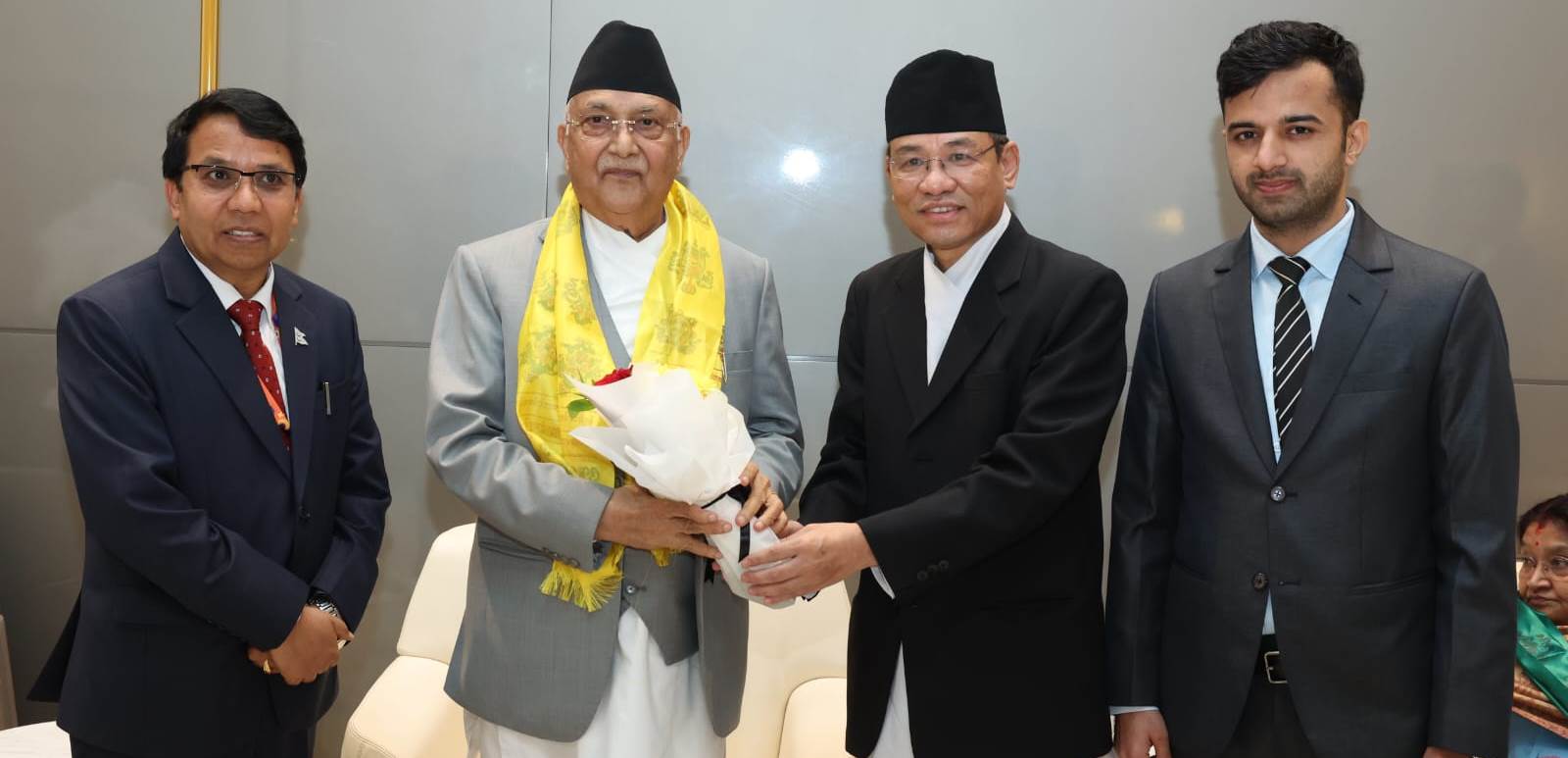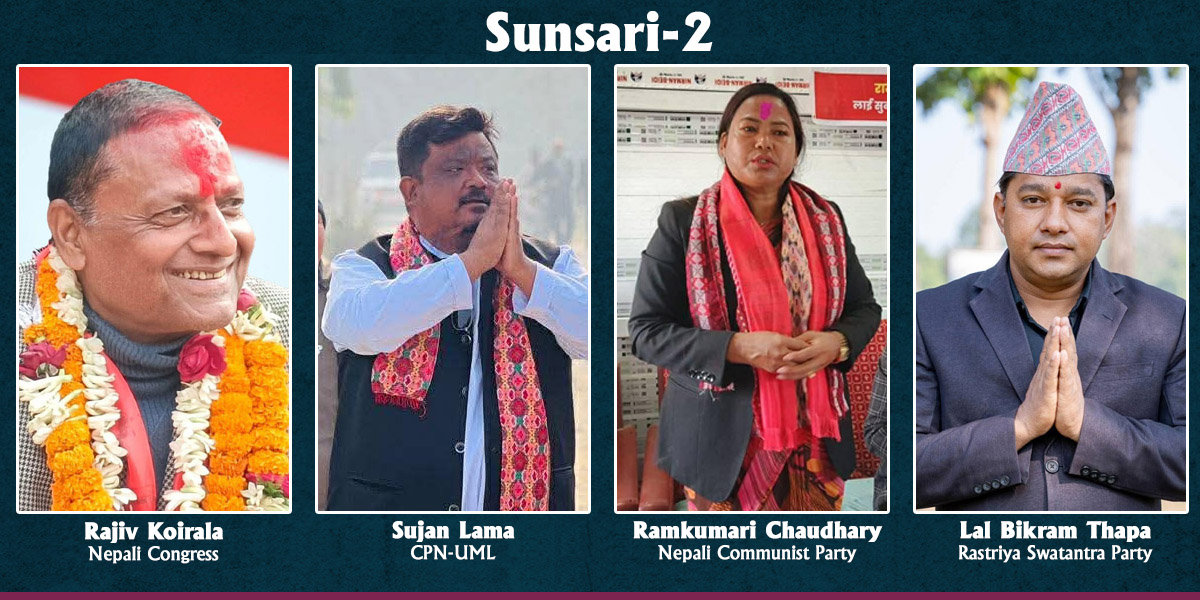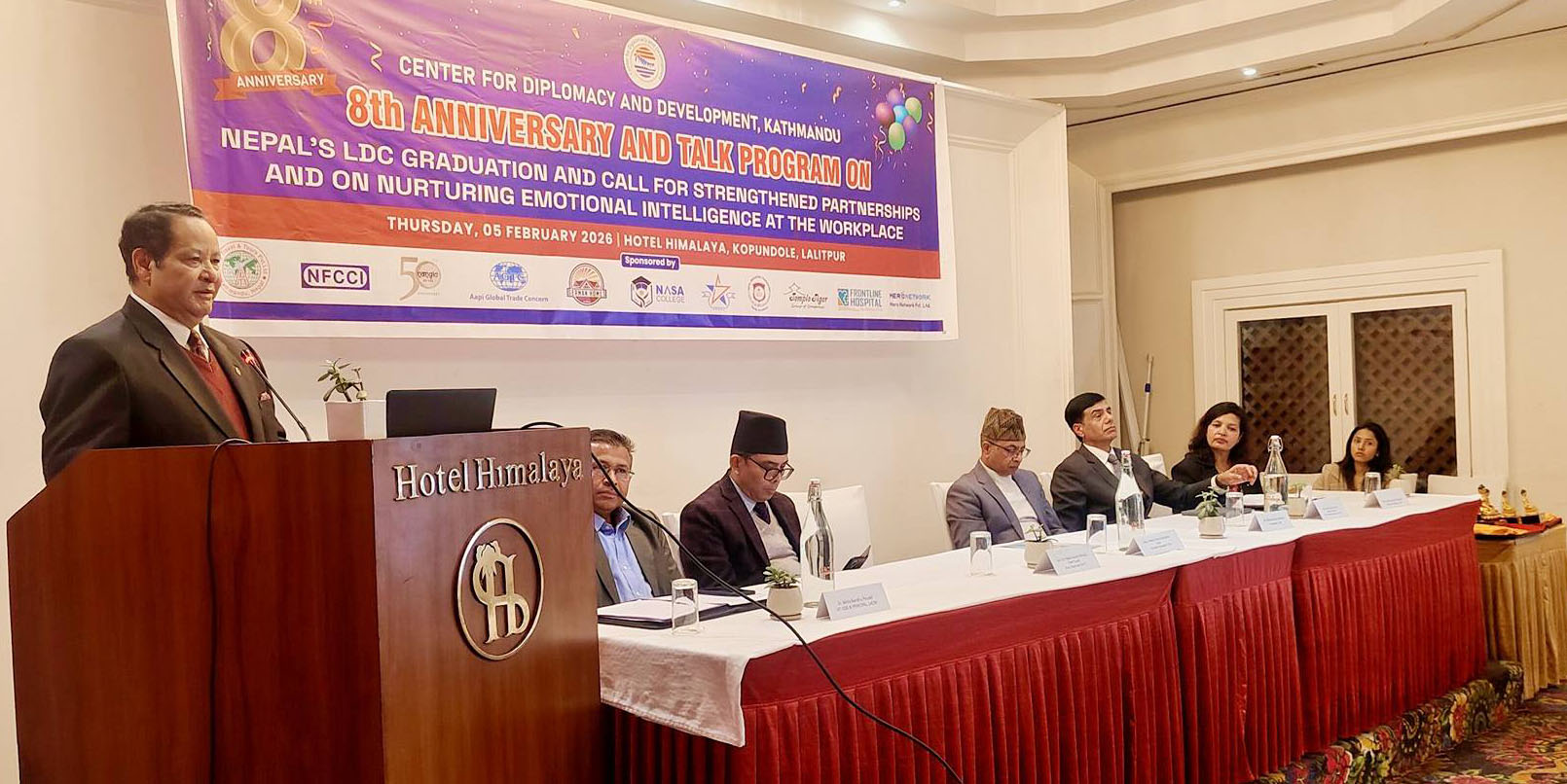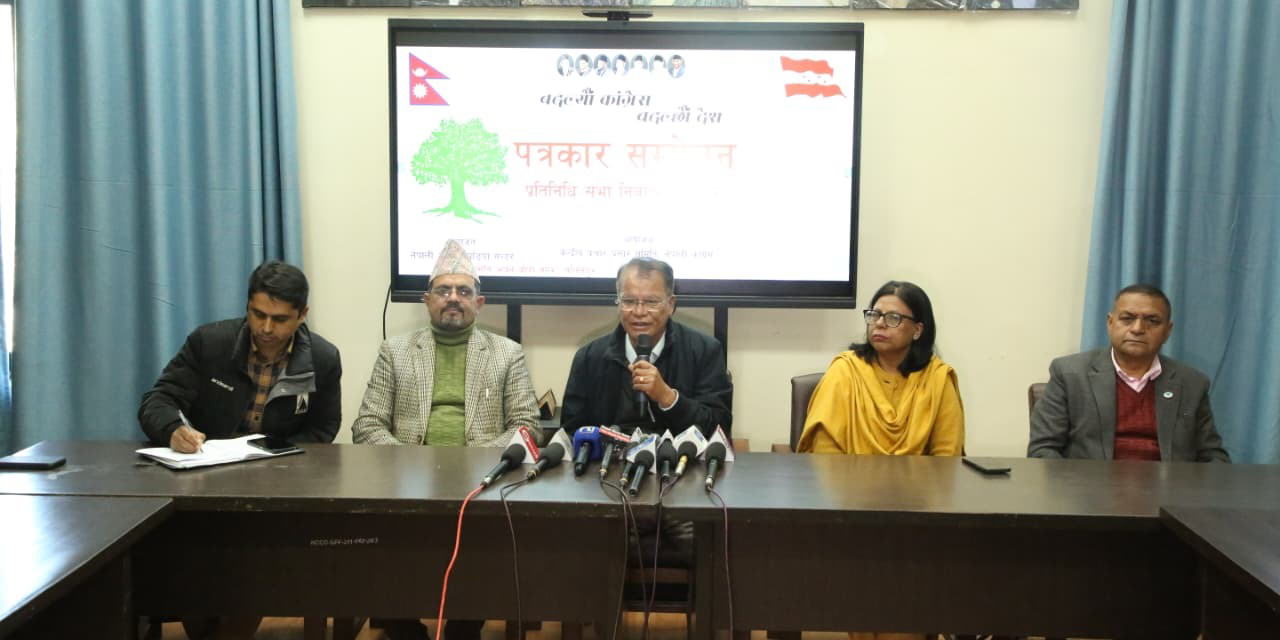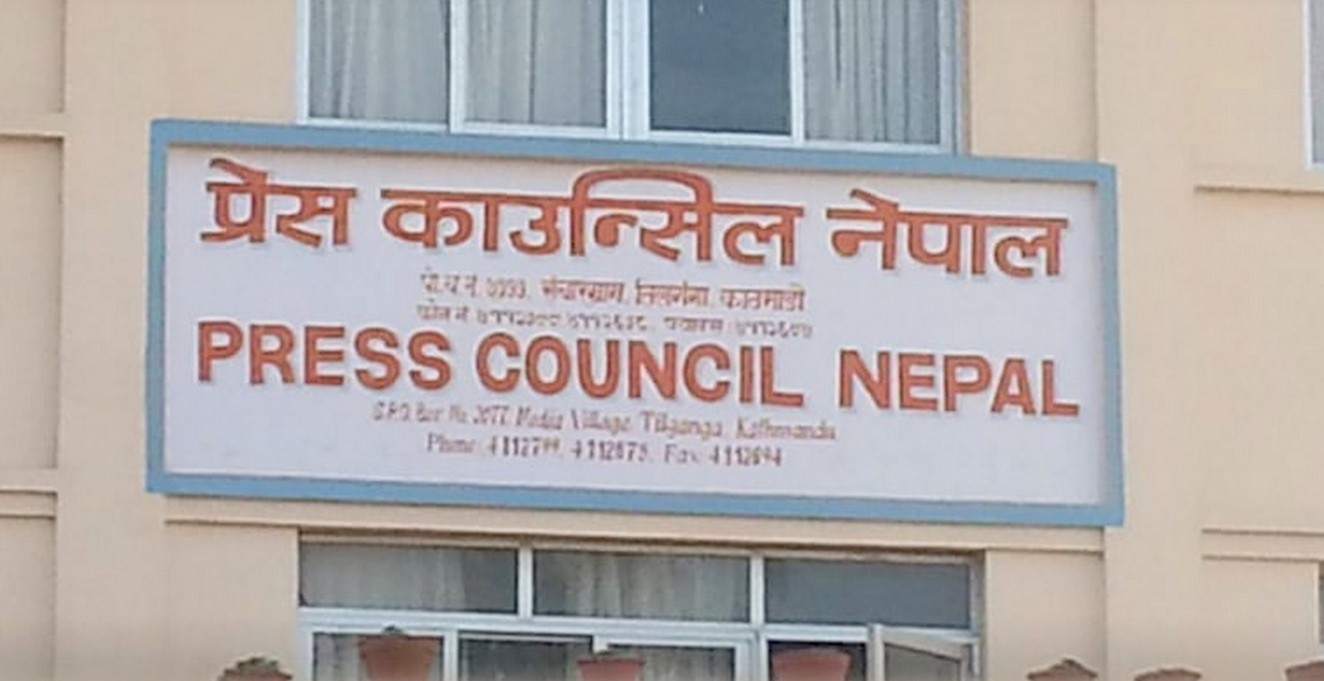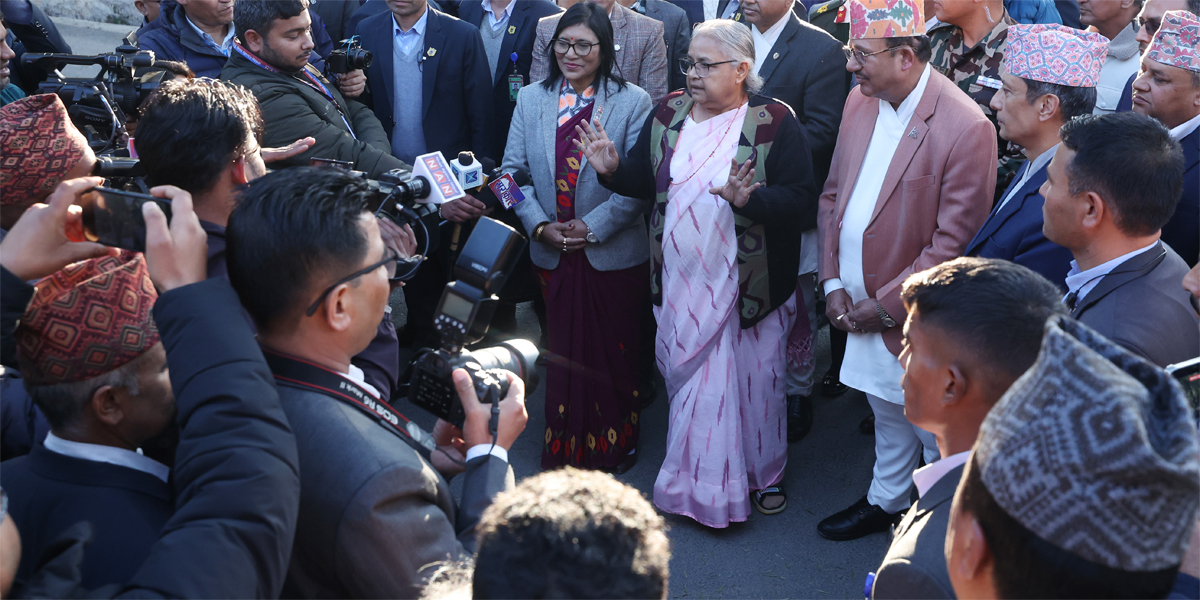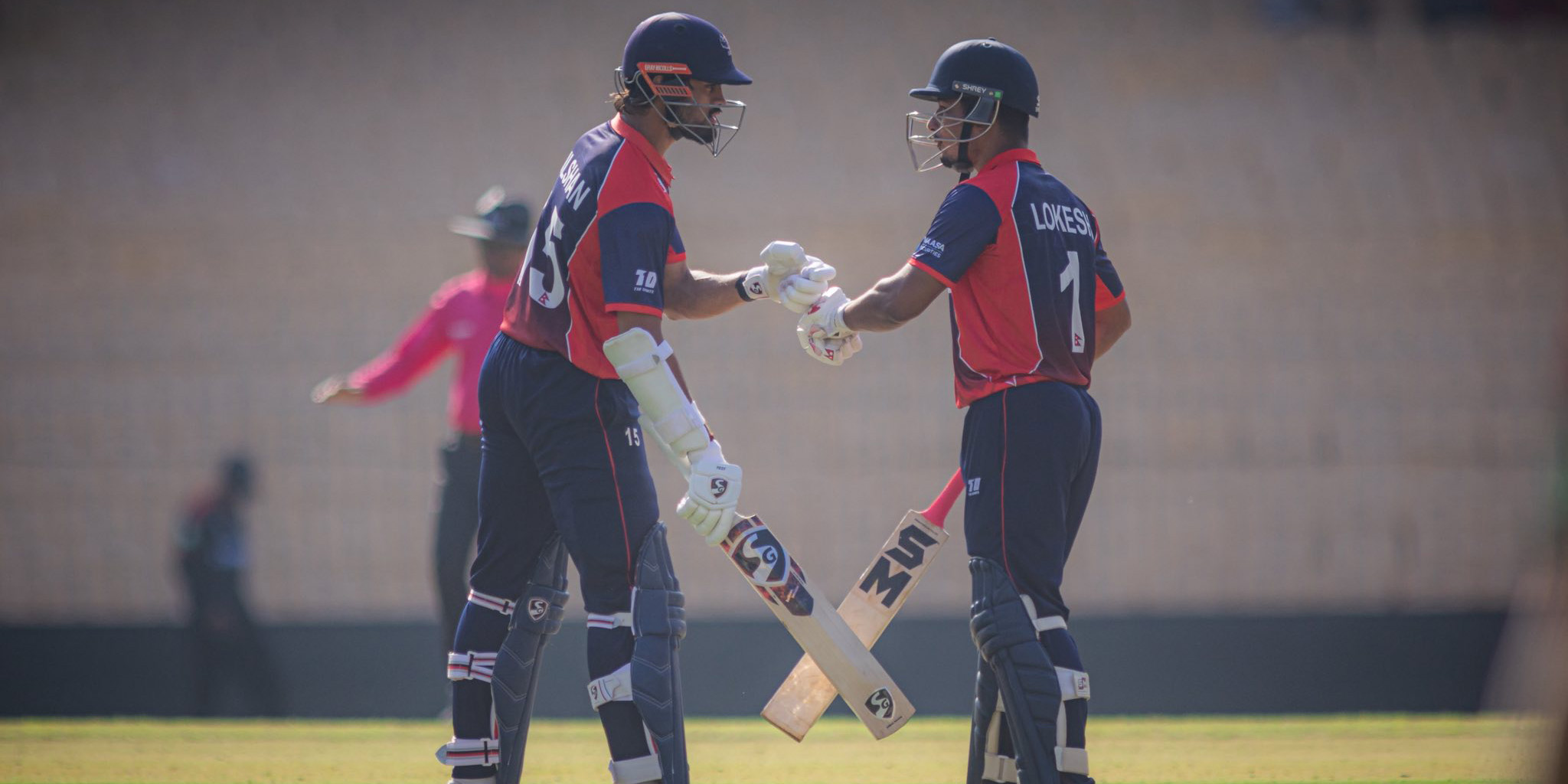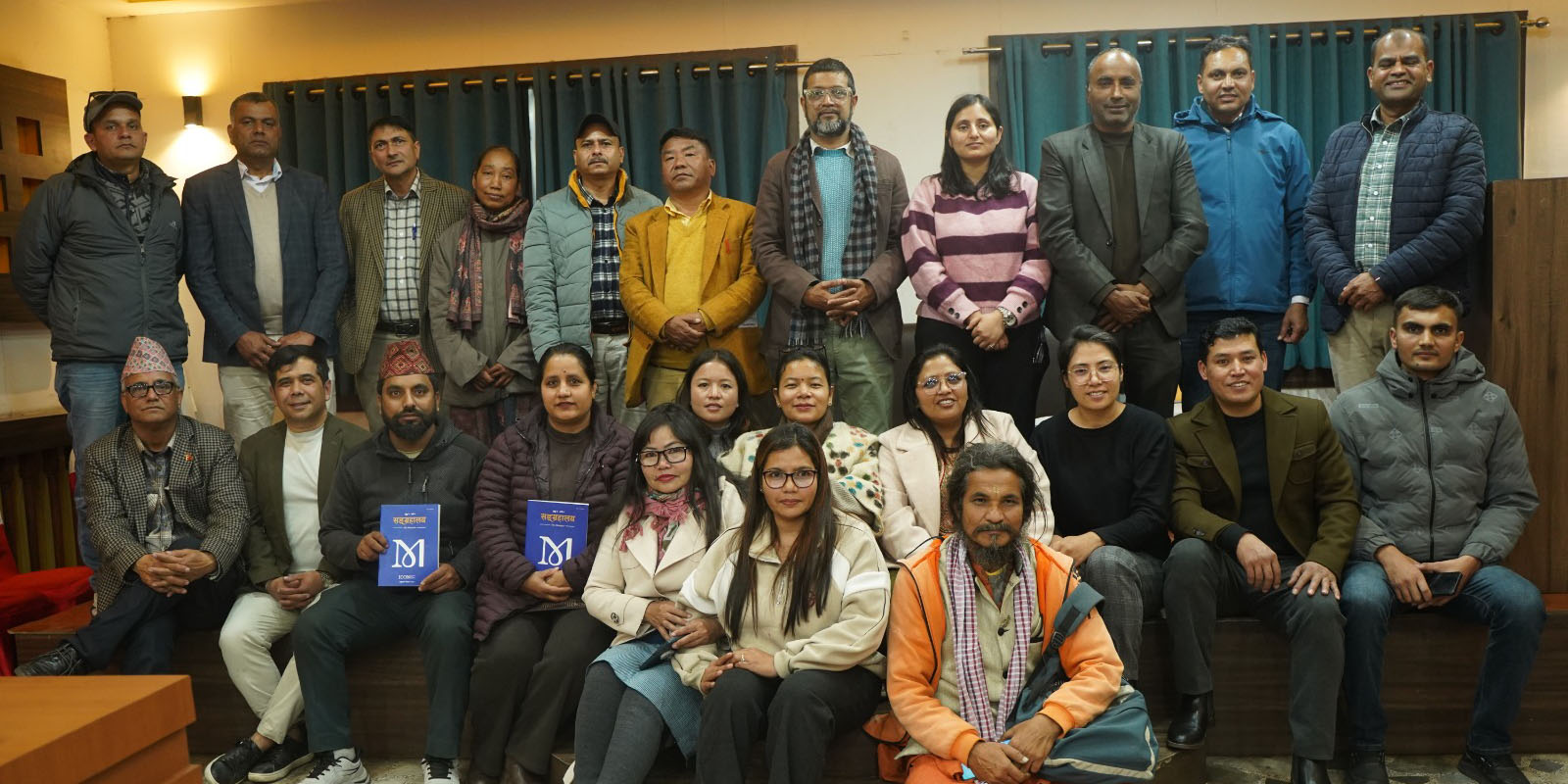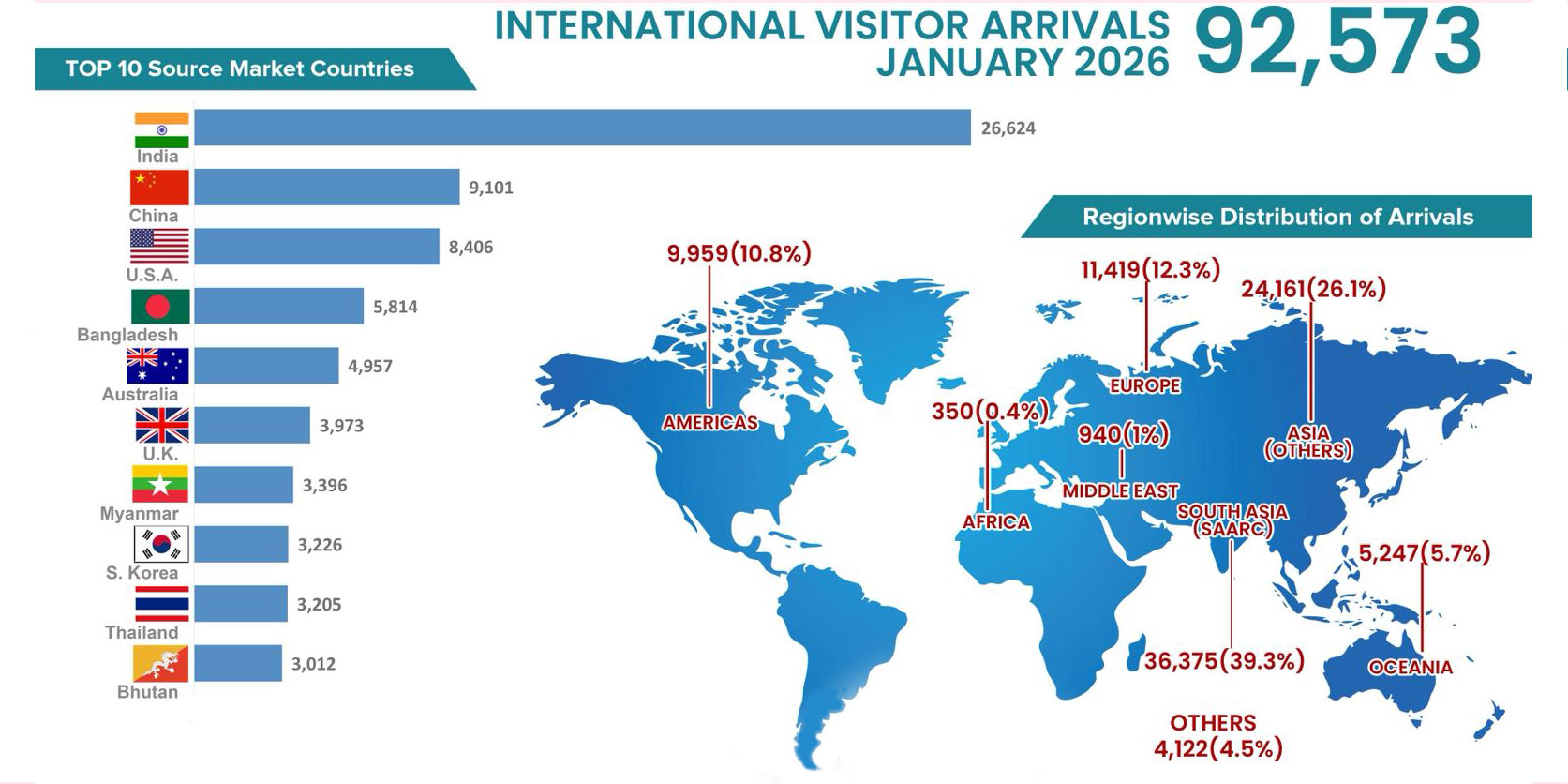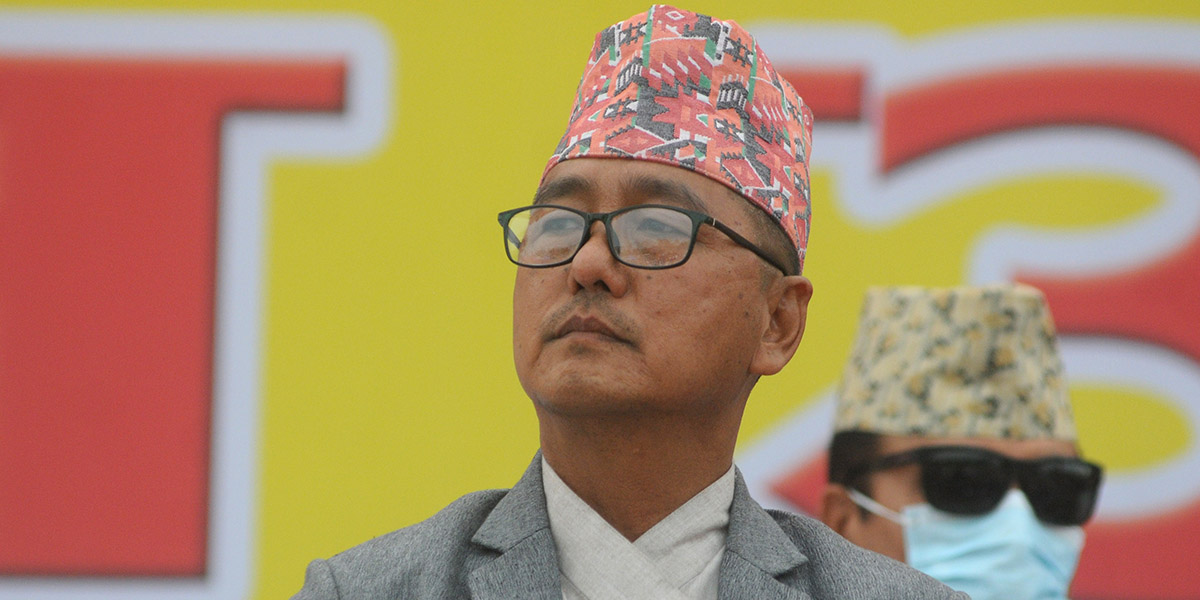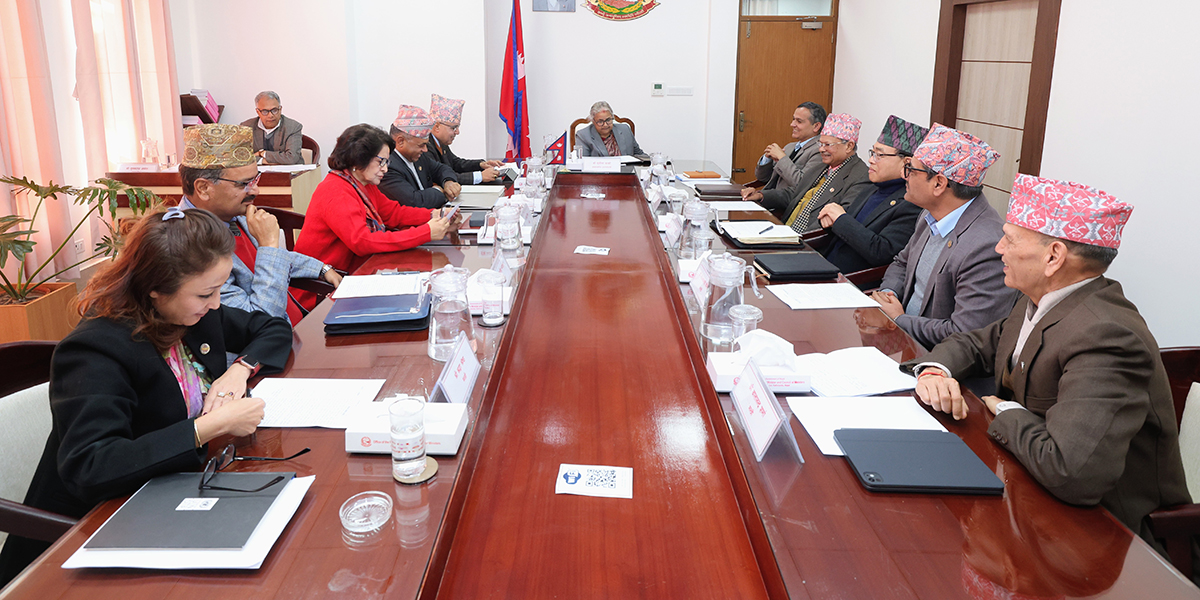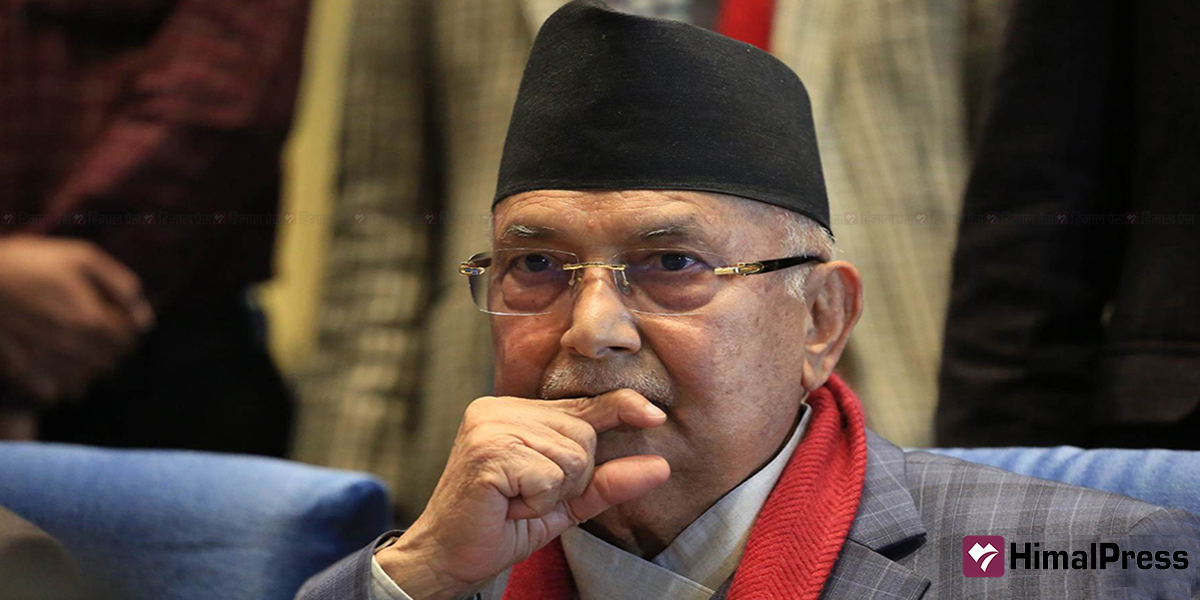 KP Sharma Oli (File Photo)
KP Sharma Oli (File Photo)
KATHMANDU: CPN-UML, which has recently become the opposition party at the center, is facing a decline in its influence in the provinces as well.
In Sudurpashchim Province, the UML had secured the position of Chief Minister with the backing of the CPN (Maoist Centre). However, Chief Minister Rajendra Sing Rawal failed to win a vote of confidence in the parliament and was automatically removed. Consequently, Kamal Bahadur Shah of Nepali Congress has been appointed as the new chief minister of the province.
In Gandaki Province, the Maoist Centre has withdrawn its support for the government led by UML’s Khagaraj Adhikari. Adhikari, who formed government with the support of Maoist Center and Rastriya Prajatantra Party (RPP), on December 13, has now seen his government fall into minority with the Maoist Centre’s decision to withdraw wits support. Adhikari will now be required to undergo a floor test within a month.
With only 21 members in the 60-member Gandaki Province Assembly, UML is unlikely to secure the support of 31 members necessary to retain power. The Maoist Centre has already initiated talks with the Nepali Congress to form the next government in the province.
With only 21 members in the 60-member Gandaki Province Assembly, UML is unlikely to secure the support of 31 members necessary to retain power.
On Friday, the CPN-UML also withdrew from the Bagmati Province government. Despite this, Chief Minister Shalikram Jammakattel of the Communist Party of Nepal (Maoist Centre) was able to secure a vote of confidence with the support of the Nepali Congress. Jammakattel underwent the floor test after the Rastriya Prajatantra Party (RPP) withdrew its support on March 25.
Jagannath Thapaliya, the parliamentary leader of the CPN-UML in the province assembly, announced the party’s decision to withdraw support and exit the government. The CPN-UML had three ministers in the province government, including Thapaliya.
The government in Lumbini Province, led by Lila Giri of the CPN-UML, is also facing an uncertain future. With only 29 members in the 87-member provincial assembly, Giri’s government was formed with the support of the Communist Party of Nepal (Maoist Centre) and other smaller parties. However, given the changed political dynamics at the center, these parties are expected to withdraw their support. In such a scenario, Giri would only have the backing of 33 members, including four members of the Rastriya Prajatantra Party (RPP).
Similarly, the government in Koshi Province, led by Hikmat Karki of the CPN-UML, is also in a precarious position. Karki’s government was formed with the support of the Maoist Centre, RPP, and Janata Samajbadi Party (JSP). However, it is likely that the Maoist Centre and JSP will withdraw their support, which could result in Karki’s government falling. Nonetheless, Karki could still retain power if he manages to win the support of the JSP, even if the Maoist Centre withdraws its backing. In the event of his government falling, Karki could still have the opportunity to form a new government as the leader of the largest party in the provincial assembly, but he would still need to secure a vote of confidence.
Karki got a breather on Friday as Maoist Center’s Angbo said in a press meet that his party won’t withdraw support from the government immediately. However, he also said that he was awaiting directions from the center which suggests that Karki’s government is not safe.
The CPN-UML has 40 members in the 93-member provincial assembly.
Opposition party leaders are blaming UML Chairman KP Sharma Oli for the collapse of the federal government and UML-led governments in provinces. While soliciting a vote of confidence in parliament on March 20, Prime Minister Pushpa Kamal Dahal that he had to take a floor test for the second time due to Oli’s actions. “I was shocked when Oli defended his move to dissolve parliament,” he said.
Opposition party leaders are blaming UML Chairman KP Sharma Oli for the collapse of the federal government and UML-led governments in provinces.
Second-string leaders of the Maoist Center have been saying the same. Maoist Center Secretary Devendra Poudel said the party decided to revive the old alliance because of the working style of Oli. “He interfered us a lot. This shift was necessary as he continued to put pressure on the Prime Minister in one pretext or the other,” he added.
Haribol Gajurel, the Prime Minister’s chief political adviser, said that the change was necessary was Oli was interfering in the work of the Prime Minister.
However, UML leaders blame Dahal’s ‘unstable nature’ for the current situation. UML Secretary Yogesh Bhattarai stated that the instability arose due to Dahal’s decision to move ahead by undermining left unity.
CPN (Unified Socialist) General Secretary Ghanshyam Bhusal believes that Oli’s defense of the dissolution of parliament was the main reason. “The decision to dissolve parliament and the annulment of Nepal Communist Party were the main reasons. To put it in perspective, Oli is the main reason,” Bhusal added.

 Himal Press
Himal Press 